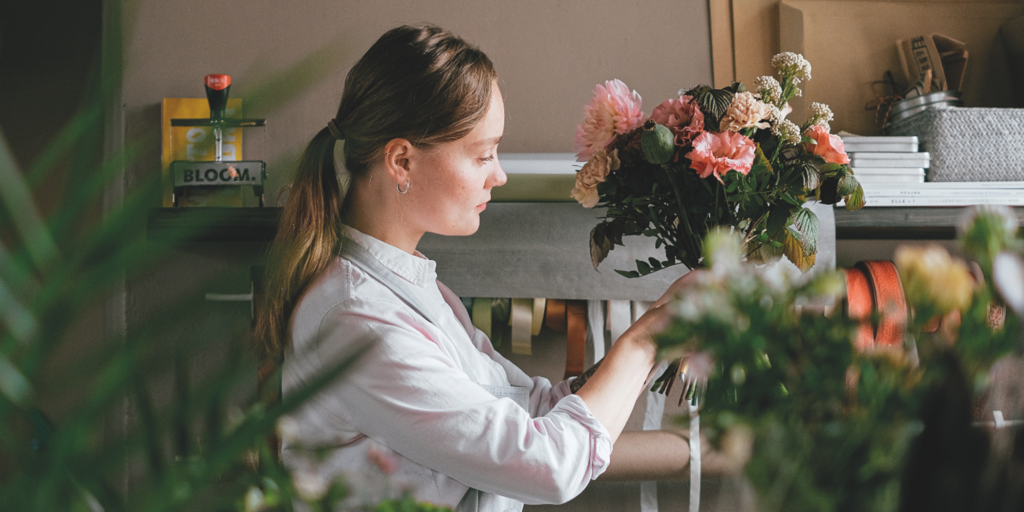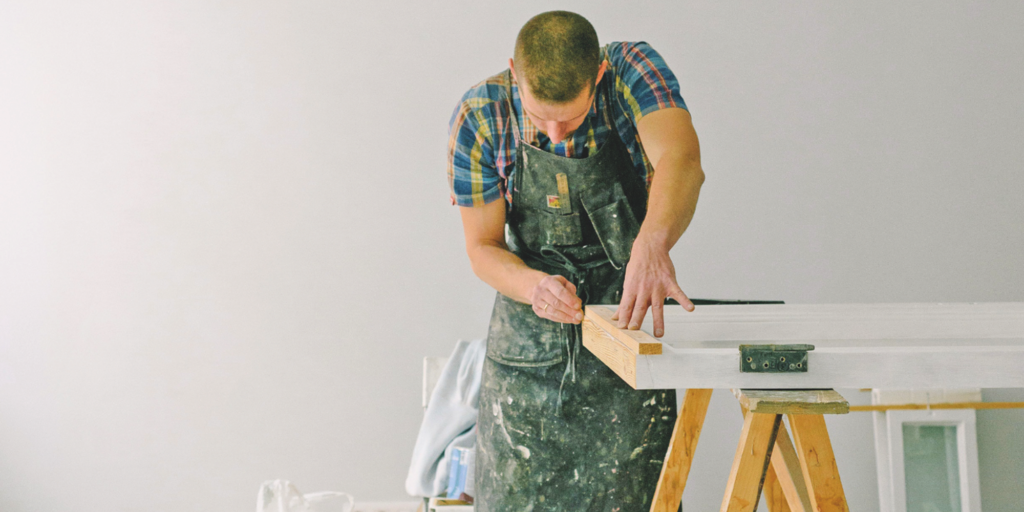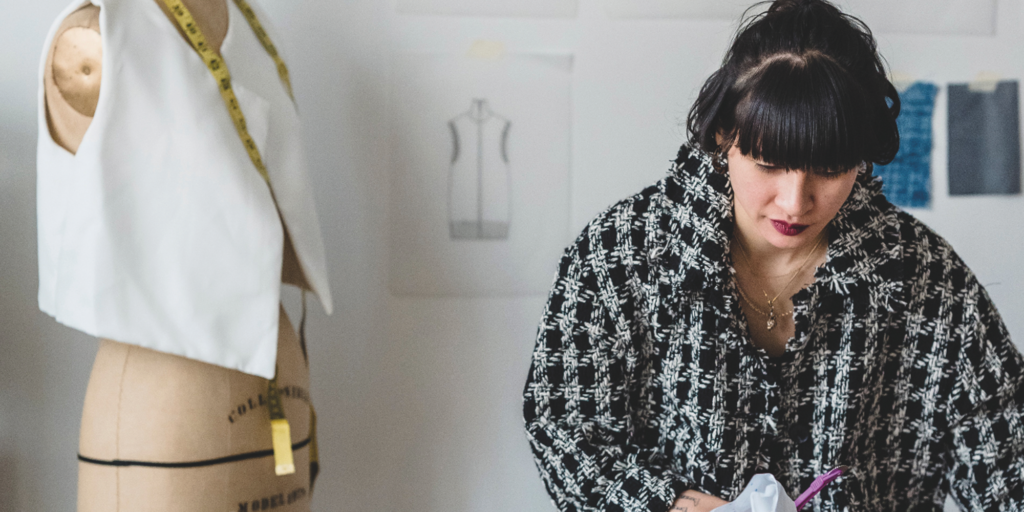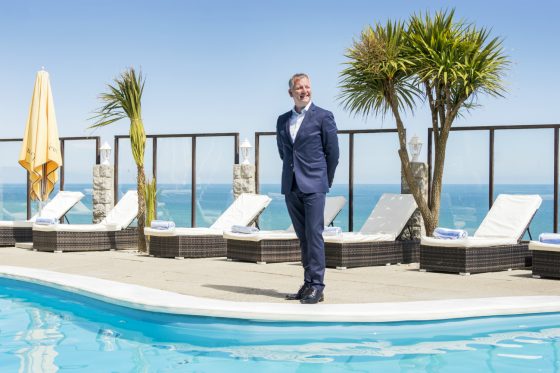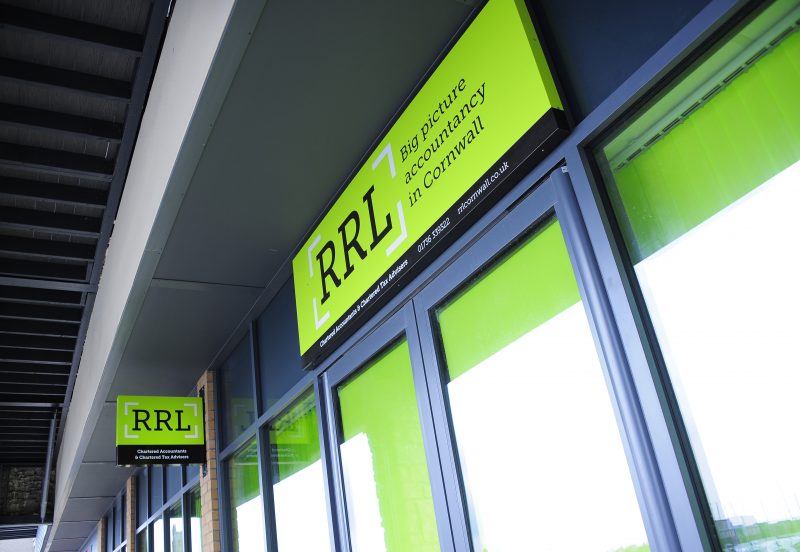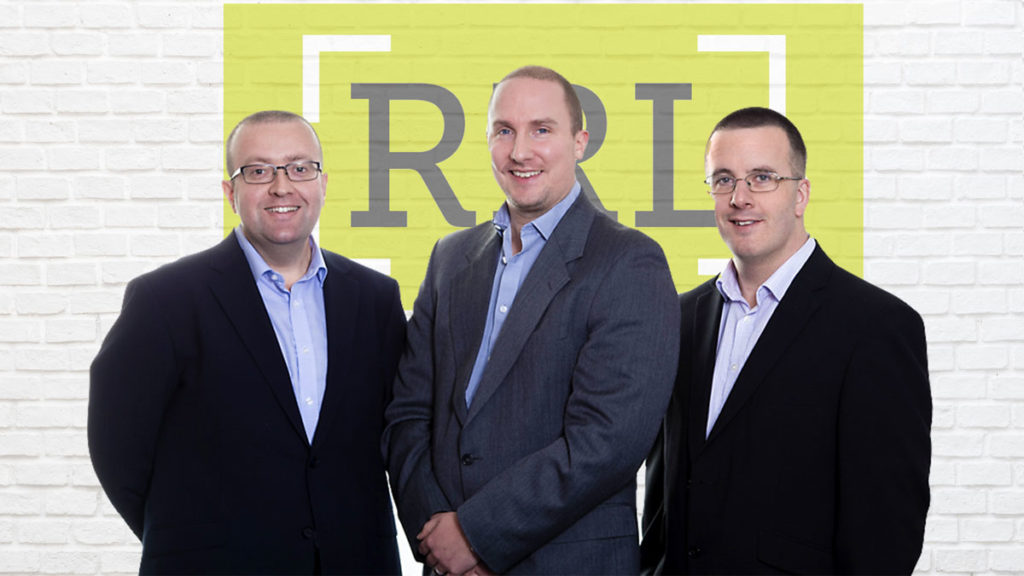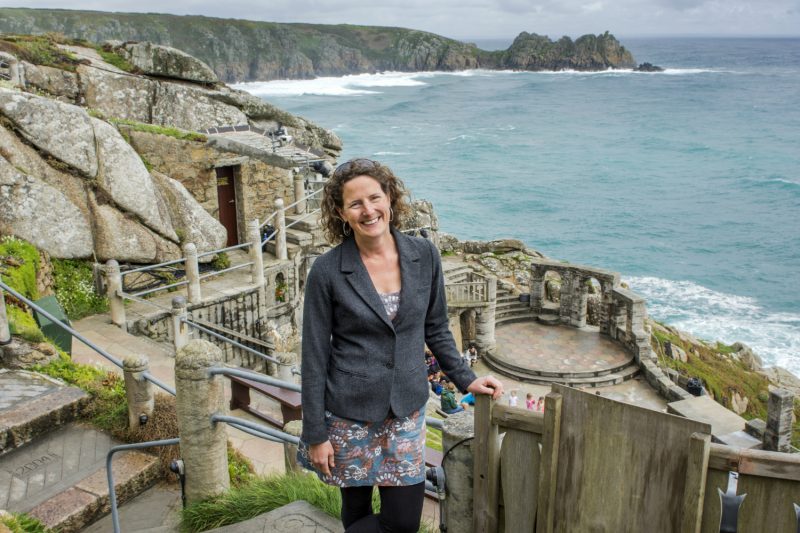

The benefit of advice
What does an increasing VAT rate mean for local businesses? Steve Maggs, Tax Partner at chartered accountancy firm, RRL, explains.
The last two years have been incredibly challenging for all UK businesses in the hospitality sector, with forced closures, staff shortages and supply issues. However, the temporarily reduced VAT rates of 5% initially, and now 12.5% – introduced by the government as a Covid-19 support measure – have certainly helped soften the blow. But from 1st April 2022, the rates are set once again to increase back to the pre-Covid standard of 20%.
This, says Steve, is the information available under current proposals (which are subject to the Spring Statement due on 23rd March), but it’s looking like the temporary reduced rate is going to end, which will ultimately mean that affected supplies will revert to 20% VAT from the start of April.
To prepare for the increase, Steve suggests that VAT registered businesses will need to ensure that their tills and accounting systems are set up correctly to apply the increased rate of 20%. In fact, he explains: “There are a number of practical issues to consider, including the supplies which will be directly affected.” These include: food and non-alcoholic drinks sold for on-premises consumption; hot takeaway food and hot takeaway non-alcoholic drinks; sleeping accommodation in hotels and similar establishments; holiday accommodation, pitch fees for caravans, tents and associated facilities; admissions to tourist attractions such as theatres, museums, cinemas, historic houses, fairs, amusement parks and similar cultural events and facilities.
VAT Savings for suppliers
Preparation for all of the above is key, but in the meantime, there are still opportunities for suppliers to maximise the benefit of the temporary reduced tax rates, by bringing forward the ‘tax point’ of the supply so that VAT is accounted for at 12.5%, rather than 20%. There are two ways in which to do this, says Steve.
The first, is to receive part or full payment during the reduced rate period for a supply which will take place after the rate increase. Take, for example, a caravan park offering pitch fees for the 2022 summer season when the VAT rate will be 20%. If the park receives a deposit or full payment before 1st April 2022, they can account for VAT on the amount received at 12.5%. Any balancing payment received after 31st March 2022 will be subject to VAT at 20%.
The park may consider offering an early payment discount to the customer to encourage them to pay before 31st March 2022. This will provide a cash saving for the customer, and a VAT saving and cash-flow benefit to the business.
The second way, is to raise a valid VAT invoice before 31st March 2022. An example here would be the owner of a furnished holiday let, who could issue a valid VAT invoice to their customer on 28th February 2022, for a stay which is due to take place in May. The raising of the invoice creates a tax point for VAT of 28th February 2022, when the VAT rate for holiday accommodation is 12.5%. Even if the customer does not pay all or some of the invoice until after 31st March 2022, the VAT rate can remain at 12.5%. Crucially, the invoice must be raised before 1st April 2022.
VAT savings for customers
For customers who can’t fully reclaim tax input, it may be beneficial to pre-pay for some hospitality supplies before 1st April 2022, thereby creating a tax point for VAT when the lower rate of 12.5% still applies. It’s worth noting, that this will only benefit the customer where supplies are advertised on a VAT exclusive basis, so that the VAT added to the bill is at the temporary reduced rates. Otherwise, the VAT saving will be retained by the supplier.
VAT Flat Rate Scheme (FRS)
When the temporary reduced rate was first introduced in July 2020, the flat-rate percentages for many hospitality related categories were reduced, leading many businesses to leave FRS, particularly those that had a lot of 5% VAT sales and relatively few sales at 20%.
These businesses may now wish to consider re-joining the FRS, so long as they have been out of it for at least 12 months, as the rates within the scheme are expected to be adjusted from 1st April. These adjustments are expected to see a rise for catering services, including restaurants and takeaways, from 8.5% to 12.5%; an increase from 5.5% to 10.5% for hotels and accommodation; as well as a rise from 4% to 6.5% for pubs.
Here in Cornwall, where hospitality and accommodation are very much mainstay industries, there will likely be a number of businesses affected by the forthcoming VAT changes. If yours is among them, and you’d like to discuss any practical issues or opportunities to obtain a VAT benefit, then be sure to contact Steve Maggs and the team of experts at RRL Cornwall.
RRL Cornwall
